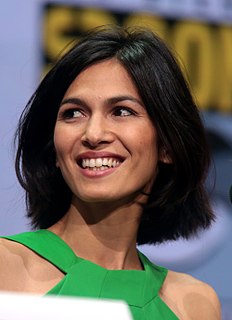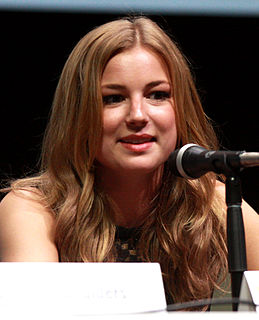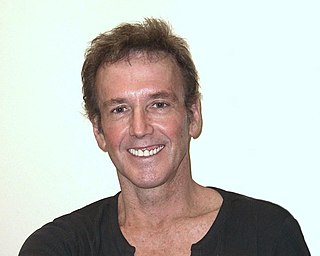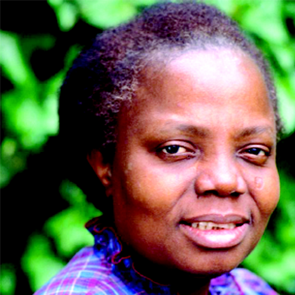A Quote by Elodie Yung
We're telling the story of 'Daredevil'. In this aspect, the storylines accentuate the sociopathic tendencies in her. The writers wanted to highlight that Elektra is quite manipulative and doesn't seem to have a conscience.
Quote Topics
Related Quotes
Some of the writers definitely got inspired by some of the story lines, but we are evolving in the 'Daredevil' story. So when it comes to 'Elektra', they didn't follow one of her specific story lines, you know. They really tried to capture what comes through the comics, but there's not one specific storyline.
People need to understand that what happens in people's homes and behind closed doors, unless you were there, you really shouldn't make any analogy or any assumption, which writers do quite a bit. It's not something I ever for one second thought about. This is not my life story, and I've never told my life story, and I have no interest in telling my life story.
This is our story to tell. You’d think for all the reading I do, I would have thought about this before, but I haven’t. I’ve never once thought about the interpretative, the story telling aspect of life, of my life. I always felt like I was in a story, yes, but not like I was the author of it, or like I had any say in its telling whatsoever.
When an acting teacher tells a student 'that wasn't honest work' or 'that didn't seem real,' what does this mean? In life, we are rarely 'truthful' or 'honest' or 'real'. And characters in plays are almost never 'truthful' or 'honest' or 'real'. What exactly do teachers even mean by these words? A more useful question is: What is the story the actor was telling in their work? An actor is always telling a story. We all are telling stories, all the time. Story: that is what it is all about.
Tessa had begun to tremble. This is what she had always wanted someone to say. What she had always, in the darkest corner of her heart, wanted Will to say. Will, the boy who loved the same books she did, the same poetry she did, who made her laugh even when she was furious. And here he was standing in front of her, telling her he loved the words of her heart, the shape of her soul. Telling her something she had never imagined anyone would ever tell her. Telling her something she would never be told again, not in this way. And not by him. And it did not matter. "It's too late", she said.
































